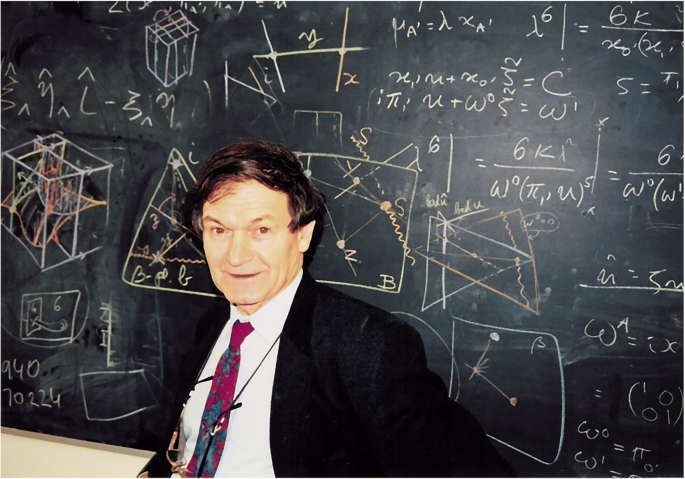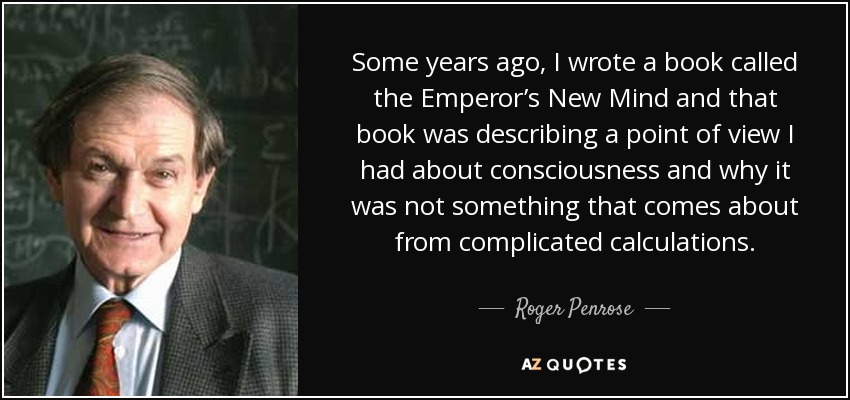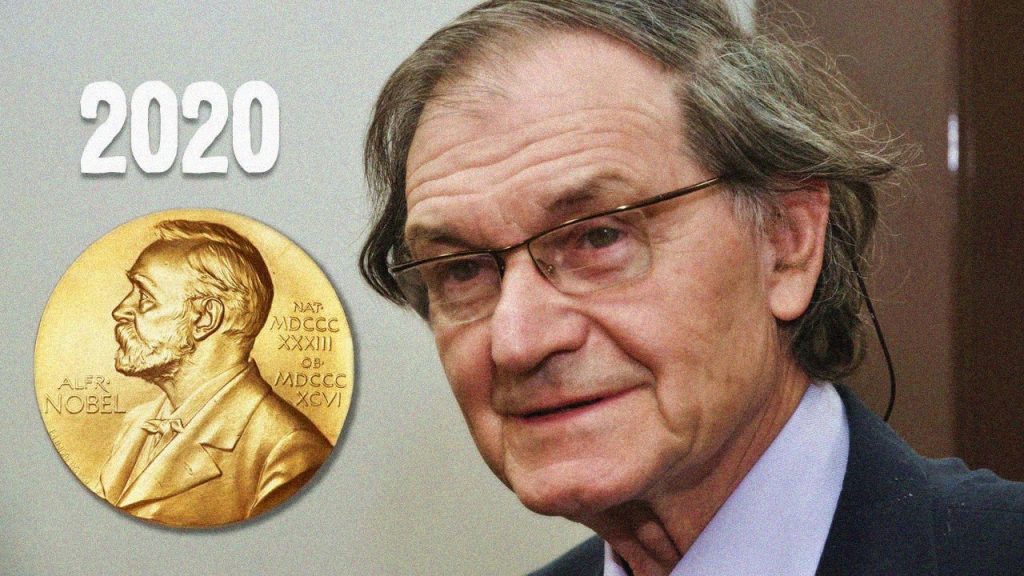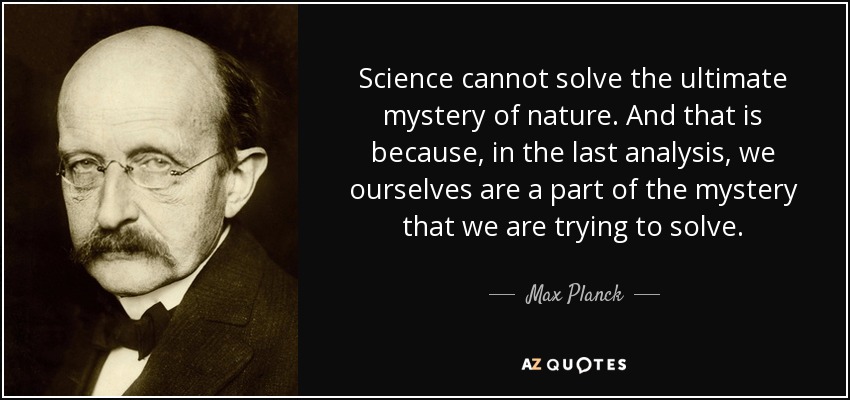Stranger wrote: ↑Thu Dec 07, 2023 6:49 pm
Jonathan Österman wrote: ↑Thu Dec 07, 2023 3:36 pm
Therefore, my question to you is what exactly are the above mentioned quantitative and computable aspects of consciousness?
When you think a mathematical thought, for ex. "2+2=4", your thought itself is qualitative by nature (as it is a first-person qualitative cosncious experience). However, the mathematical structure in the content of the thought is still quantitative. So, quantitative-qualitative is not an opposition/contradiction, but it is an inclusion: the quantitative/computable is a limited subset of qualitative, or we can say, a limited aspect of it. Therefore, reality can never be fully described by quantitative, yet quantitative (being an aspect of qualitative) can still describe certain aspects of reality, in particular, its certain structural and quantitative properties and aspects.
Dear Stranger,
Thank you very much for your above concise, logical, and clear answer.
Much appreciated.
Let me assure you that I have studied basic Algebra, and am well capable of performing simple arithmetic operations on integer number variables, and this is direct scientific evidence of conscious mind being able to learn mathematics and perform quantitative numeric calculations.
However, my question was
not about mathematical abilities of conscious first-person mind, but about
quantitative and computable aspects of consciousness.
Even though the way I understand it, "consciousness" and "mind" are not strict synonyms, let me rephrase my question as follows:
What are the quantitative and computable aspects of conscious first-person mind, because your above answer to my question uses an example of human mind.
If I understood your answer correctly, and please correct me if I am wrong,
your train of reasoning seems to me to be as follows:
" Human mind can obviously quantitatively and correctly calculate that "2+2=4", this mathematical structure in the content of the thought is clearly quantitative and mathematical, therefore it follows that without any opposition/contradiction, this aspect of human mind is quantitative-qualitative, and also the quantitative is an aspect of the qualitative. And therefore mathematics is used in theoretical physics to calculate numeric values of specific physical quantities of physical phenomena being experimented upon."
So far, so good. I am willing to let it slide for now. You don't have to defend it, or necessarily clarify it for me any further.
Having said that,
my next question to you is as follows:
If we take my above quote as a premise, could we claim that conscious human mind can originate, or come into being, as a result of a complex quantum super-computer hardware-software combination performing very complex parallel computations and calculations, very similar to human brain?
In relation to your above answer, the way I see it, even though we can think of such conceptual category as "quantity", and then apply this concept to counting apples and oranges, or money, in our daily existence, all these are still QUALIA that lack anything that could be considered as having essentially a
non-qualium nature.
In this view, in the context of
Idealism, there is no essential distinction
between numerical quantitative mathematics
and philosophical & spiritual narratives.
Moreover, conscious human mind can easily produce a
completely qualitative narrative about what mathematics and quantities are, but no mathematical model expressed in equations and numeric values could ever produce a narrative about human experience of "meaning" or "sense of humour".
A good example is always in order. Let's consider a digital camera. A photo taken by the camera, in the most fundamental sense, is a representation of a set of
zeros and
ones. This mathematical information is encoded in an electronic form in camera's memory as physical quantities. Then, these physical quantities can be displayed on an LCD screen, as a photo of somebody.
From the side of the camera alone, in a third-person narrative, when no conscious mind is looking at all of this, would you say that there is any "meaning" or "common sense" physically embedded in all of this, which could be extracted in a purely mathematical manner, via equations, as numeric value? For example, from looking at this photo it is obvious to us that this person was killed for good. Is this correct conclusion somehow present somewhere among all kinds of quantities used to produce the displayed image, when nobody is looking at it?
When nobody is looking at it, are there any quantities objectively existing in there from their own side?
As we know, mathematical equations, or even computer algorithms, are an objective third-person "narrative". In a world of purely subjective first-person experience, "objectivity" is only an illusion. In a world of pure qualia, "quantities" are merely a qualitative illusion, too.
Could there be such thing as the first-person mathematical equation that could calculate "meaning"?
In my opinion, we can't reduce the subjective meaning of the photo to the mathematical information composing the photo, and therefore no mathematical "description" via equations could possibly ever contain any "meaning", and human experience is all about "meaning". What mentally-healthy person would want to live a meaningless life devoid of any meaning, but full of a large variety of all sorts of quantities only?
Dear
Stranger, I am looking forward to learning your opinion, and to learning from your counter-examples.
And, please, don't be a stranger, and please answer my question: What are the quantitative and computable aspects of conscious first-person mind, and NOT about functions that such conscious first-person mind can perform, like simple arithmetic operations on integer number variables, or calculating a quantitative numeric result of 2 + 2.
















